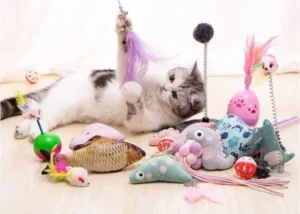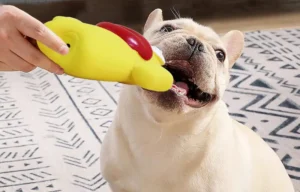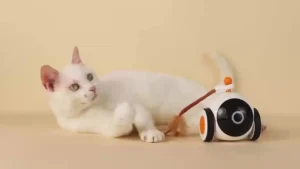A pet water fountain is one of the most effective ways to ensure your furry friend stays hydrated. Whether you own a cat, a dog, or both, these devices provide clean, flowing water that encourages pets to drink more often. But like any pet accessory, a water fountain needs regular maintenance—refilling being one of the most important tasks.
In this detailed guide, we’ll walk you through how to refill a pet water fountain, how often it should be done, and tips to maintain optimal water quality. Whether you’re a first-time pet fountain owner or just want to improve your routine, this article has everything you need.
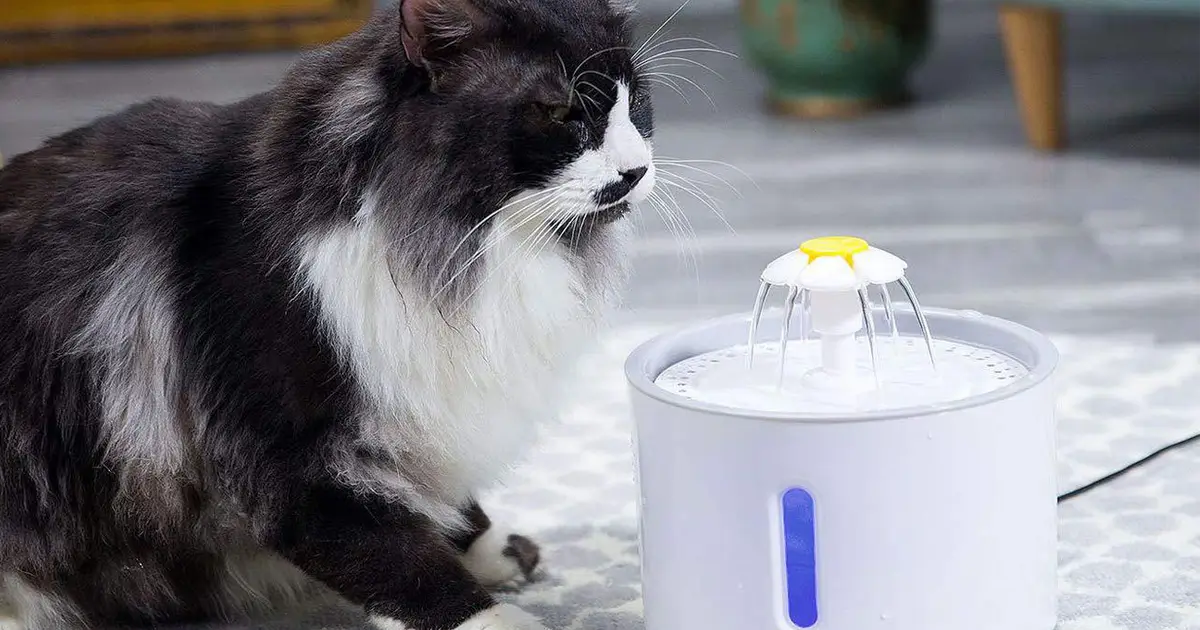
Why Proper Refilling Matters for Pet Water Fountains
Before jumping into the steps, let’s explore why refilling your pet water fountain correctly is so important:
- Prevents motor burnout: Low water levels can cause the pump to run dry, leading to overheating and damage.
- Maintains water quality: Fresh, clean water prevents bacteria buildup and keeps your pet safe.
- Encourages hydration: Pets are more likely to drink from a full, flowing fountain.
- Reduces mineral deposits: Refilling with clean water can slow down limescale buildup, especially in hard water areas.
How to Refill a Pet Water Fountain: Step-by-Step Instructions
Every pet water fountain has its own design, but most follow a similar refill process. Here’s a general step-by-step guide that applies to most models.
Step 1: Turn Off and Unplug the Fountain
Safety first! Always turn off and unplug the unit before handling it. This protects both you and the pump from accidental damage.
Step 2: Remove the Water Reservoir or Top Cover
Depending on the design, you’ll either:
- Detach the reservoir tank (common in upright models), or
- Lift off the top cover to access the base (common in flat or flower-style fountains).
Refer to your user manual if the design is complex.
Step 3: Pour Out Any Old or Stale Water
Before refilling, empty out any stagnant water. This ensures your pet always gets fresh, clean water and reduces bacterial growth.
Step 4: Rinse the Reservoir or Base
Quickly rinse the water container or reservoir with clean water. You don’t need to deep-clean every time, but a rinse can remove loose debris or pet hair.
Step 5: Refill with Fresh, Clean Water
Fill the reservoir or base with fresh, cool tap water (or filtered water if preferred). Avoid using hot water, as it can damage the internal pump components.
Pro Tip: Don’t overfill! Most fountains have a water line indicator or max fill mark.
Step 6: Reassemble the Fountain
Put the components back together carefully:
- Reinsert the reservoir or cover.
- Make sure all parts are seated securely to avoid leaks.
Step 7: Plug It Back In and Turn It On
Once everything is back in place, plug the fountain in and switch it on. Watch for a few seconds to ensure the water is flowing smoothly and there are no air bubbles in the pump.
How Often Should You Refill a Pet Water Fountain?
The refill frequency depends on:
- The size of your pet (or number of pets)
- The capacity of the fountain
- The environment (hot climates lead to faster evaporation)
General Guideline:
Refill the pet water fountain every 1 to 2 days. Larger multi-pet households may need to refill daily, while single-pet homes can often go 2 days between refills.
Always check the water level daily to avoid the pump running dry.
Tips to Keep Your Pet Water Fountain in Top Shape
In addition to regular refilling, here are some expert maintenance tips:
Use Filtered or Distilled Water
This helps reduce mineral buildup, keeping the pump and filters working longer.
Clean the Fountain Weekly
Even with frequent refills, a full cleaning (with soap and water) should be done once a week. Remove and rinse the filter, and scrub off any slime or buildup.
Replace Filters Regularly
Follow the manufacturer’s guide—usually every 2 to 4 weeks—for filter replacement.
Place It in a Cool, Shaded Area
Avoid placing the fountain in direct sunlight to reduce algae growth and water evaporation.
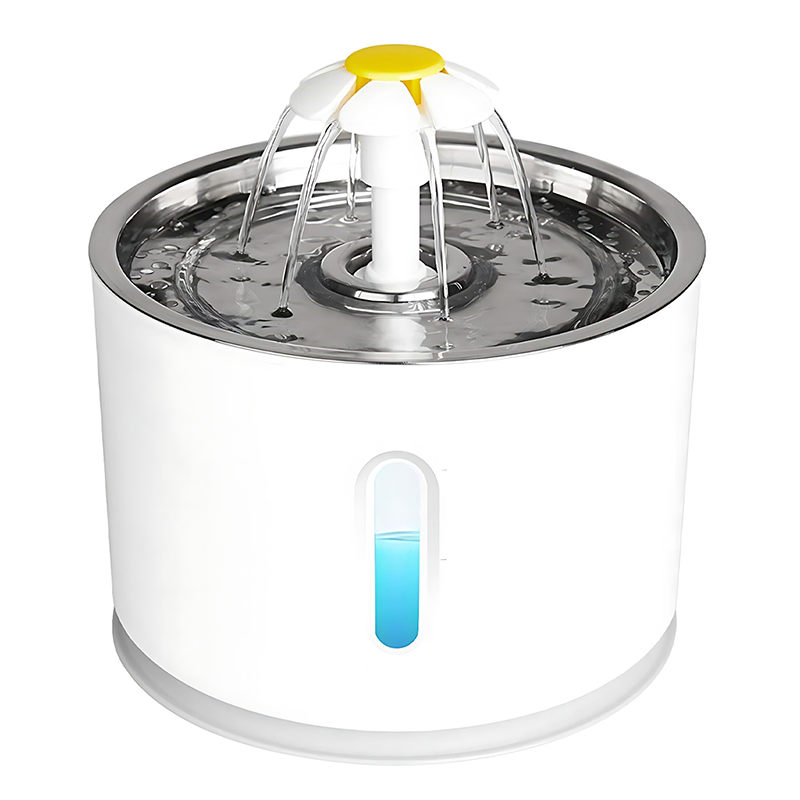
Common Mistakes to Avoid When Refilling a Pet Water Fountain
Overfilling the Reservoir
This can lead to leaks or improper circulation.
Refilling Without Rinsing
Adding fresh water on top of stale water can still leave bacteria behind.
Forgetting to Turn It Off First
This may lead to electric hazards or pump damage.
Using Hard Water Long-Term
It leads to scaling inside the unit and may clog the filter.
Frequently Asked Questions (FAQ)
1. Can I refill my pet water fountain while it’s still running?
It’s best to turn off the unit before refilling to avoid overfilling or damaging the pump. Some top-fill models allow quick topping off, but always check the user manual.
2. How do I know if the fountain needs refilling?
Many models have a water level window or indicator. You might also notice a change in water flow or noise, which can signal low water.
3. Is it okay to use ice cubes in the fountain?
Yes, adding a few ice cubes is safe and can be helpful in hot weather. Just don’t add too many, as extremely cold water may discourage drinking.
4. Should I use bottled water in my pet’s fountain?
Filtered tap water is usually sufficient, but if your local water has high mineral content, using bottled or distilled water can reduce scaling.
5. What happens if I forget to refill it for a day or two?
The fountain may run dry, causing the motor to overheat or burn out. Always check the water level daily to prevent this issue.
Conclusion: Keep Your Pet Happy with Regular Refills
A pet water fountain is an excellent investment in your pet’s health—but only if it’s maintained properly. By refilling it regularly, using clean water, and keeping it clean, you can ensure your cat or dog has access to fresh, flowing water every day.
Not only does proper refilling protect your fountain’s lifespan, but it also encourages better hydration and prevents health problems in your pets.
If you haven’t already, consider setting a daily reminder to check the water level—it’s a small step with a big impact on your pet’s well-being.

